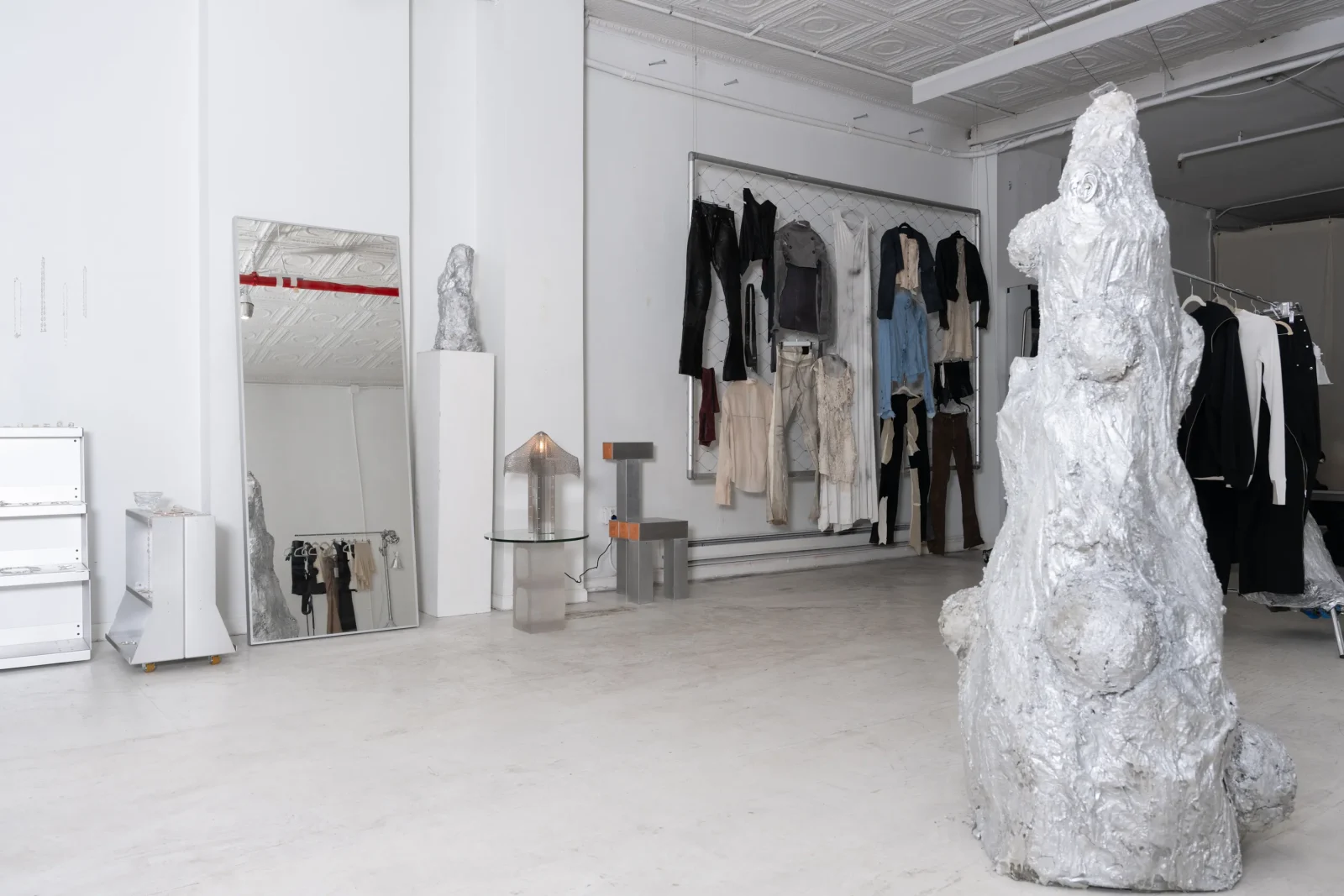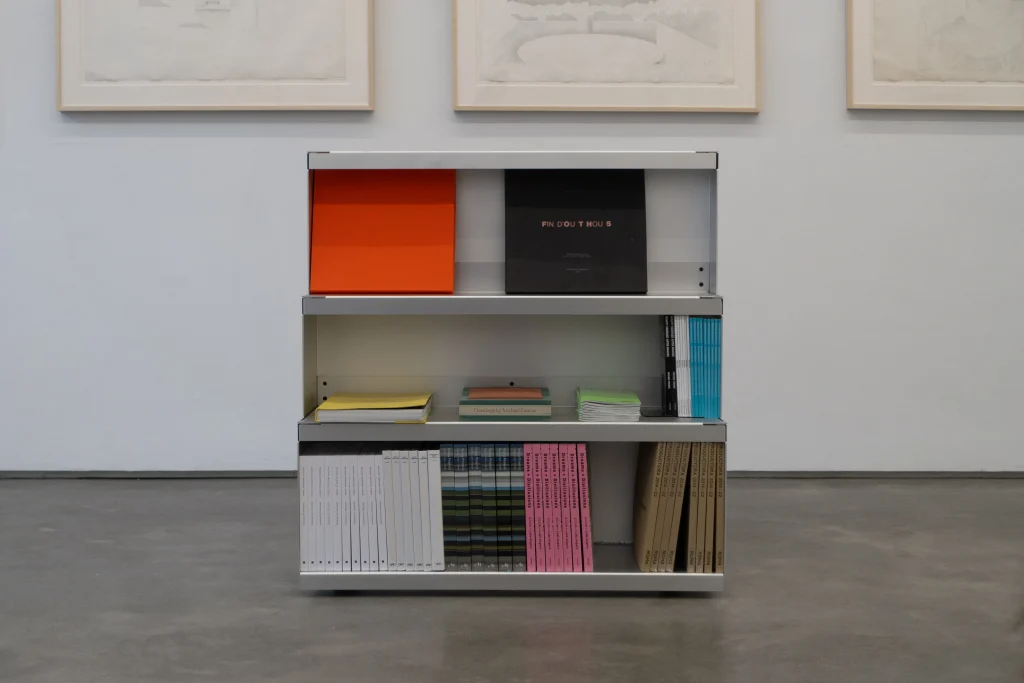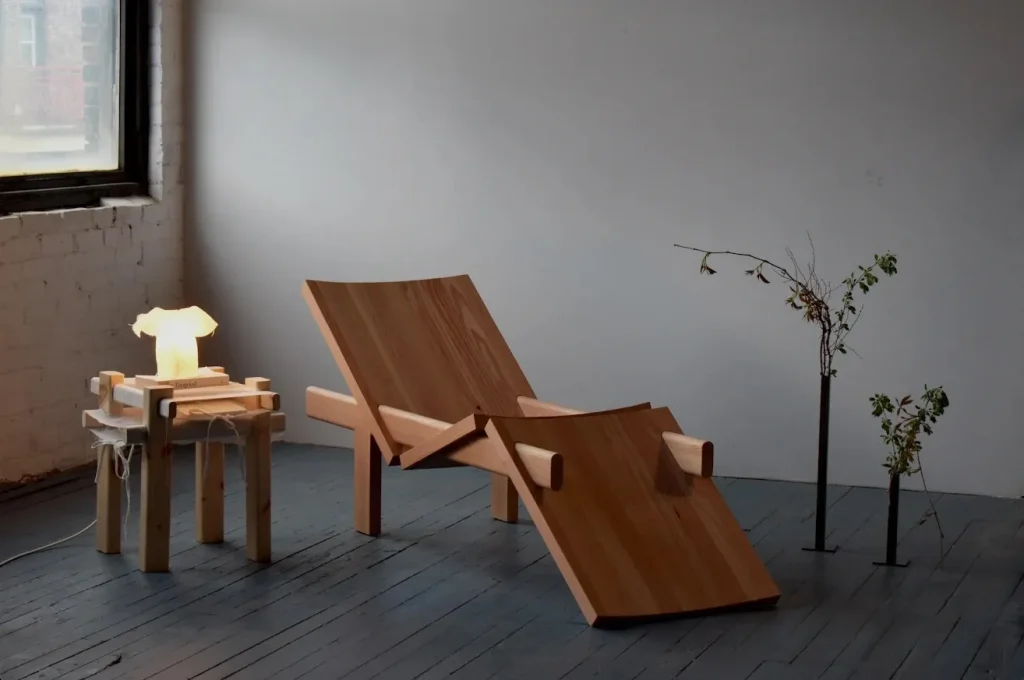
Through Fire and Reflection: MILA ZILA’s Mirrored Worlds
Central European glass traditions represent one of humanity’s most enduring creative dialogues between maker and material. When glass arrived in Bohemia during the 13th century, it encountered a landscape that would nurture its evolution for seven centuries. The region’s abundant forests provided fuel, its silica-rich sands offered raw material, and its cultural positioning between Germanic and Slavic influences created fertile ground for artistic innovation.
This historical foundation informs MILA ZILA’s contemporary practice in profound ways. Growing up in southern Slovakia, where glassmaking traditions run deep, Ľudmila Žilková inherited not techniques but a philosophical approach to material engagement. Her new mirror wall objects—debuting at Persona during 3daysofdesign—emerge from this lineage while charting unexplored territory.
The Revelation of Spinning
Žilková’s breakthrough moment arrived through pure experimentation. “There was that first moment when I decided to spin the glass. The result was completely unexpected and magical. I knew immediately this is something I have to return to.” This discovery represents a fundamental shift in her practice—where previous work explored the foundational language of glass layering, these mirrors introduce centrifugal force as creative collaborator.
The technical implications are significant. Traditional glassblowing requires methodical layering, each addition of molten glass cooling before the next application. By introducing rotation, MILA ZILA allows natural forces to redistribute material thickness, creating what she describes as “a unique organic shape every time.” The process becomes a negotiation between intention and physics, control and surrender.






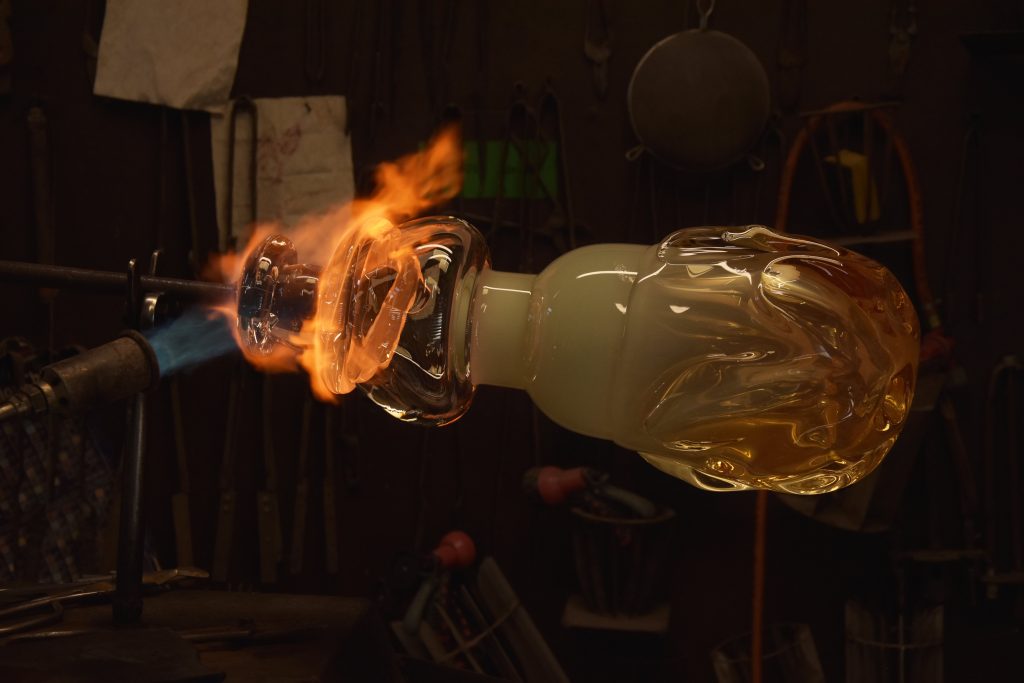

The Language of Layers
“I became interested in how these layers leave traces or ‘personas’ that add character to even the simplest form,” Žilková explains. This observation reveals deeper currents within her work—each piece becomes an archaeological record of its own creation, with layers preserving moments of interaction between artist, material, and process.
The connection to Persona‘s curatorial framework becomes evident here. The exhibition explores how design objects can embody human personality and reveal emotional complexity. MILA ZILA’s mirrors literalize this concept through their manufacturing process—as she notes, “individual atoms locking into place to create the most natural shape that reflects the fluid identity of the glass.”
Her approach to traditional silvering techniques follows similar principles. Rather than simply applying established methods, she reinterprets them to achieve results that honor historical knowledge while expressing contemporary sensibilities. This represents a sophisticated understanding of cultural transmission—tradition as living practice rather than museum preservation.








Philosophy of Productive Uncertainty
MILA ZILA’s work arrives at a moment when questions of authenticity and mass production dominate design discourse. Her response is both philosophical and practical: “I don’t think the goal for the future of making is to create identical copies of a certain form but rather to produce unique objects and products by respecting the properties of materials and revealing their true character.”
This perspective challenges contemporary manufacturing paradigms while proposing alternative relationships between maker, material, and outcome. Each mirror becomes an argument for material-led design—objects that emerge from collaboration rather than domination.
When asked where her mirrors would lead if they were portals, Žilková’s response cuts to the essence of her practice: “Undoubtedly, it speaks directly to our inner world.” The mirrors function as instruments of introspection, surfaces that reveal complexity rather than simple reflection.
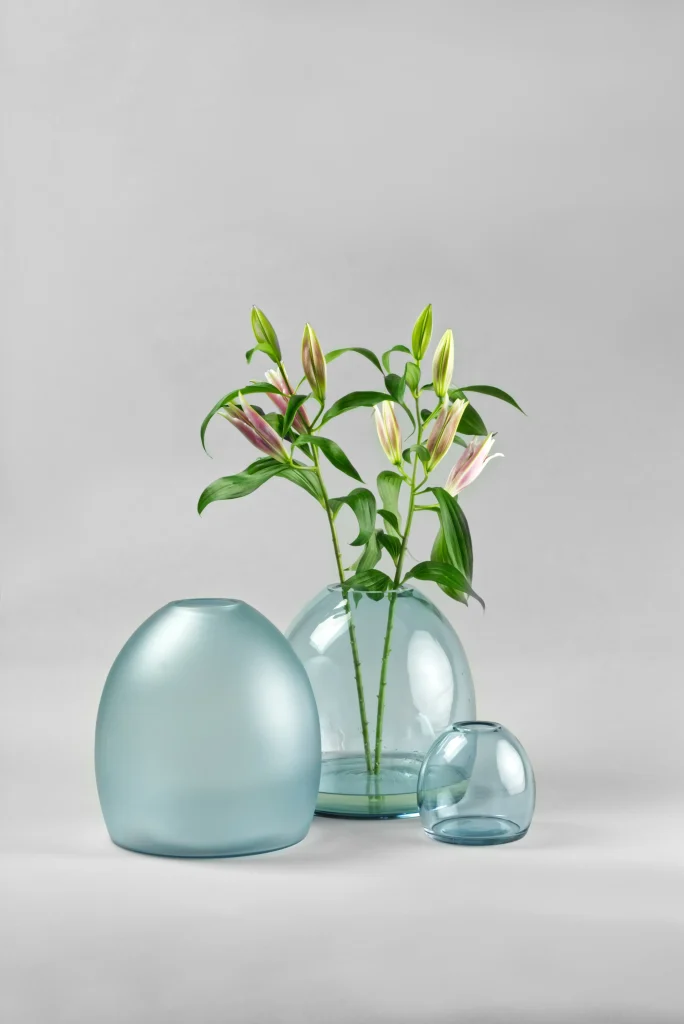

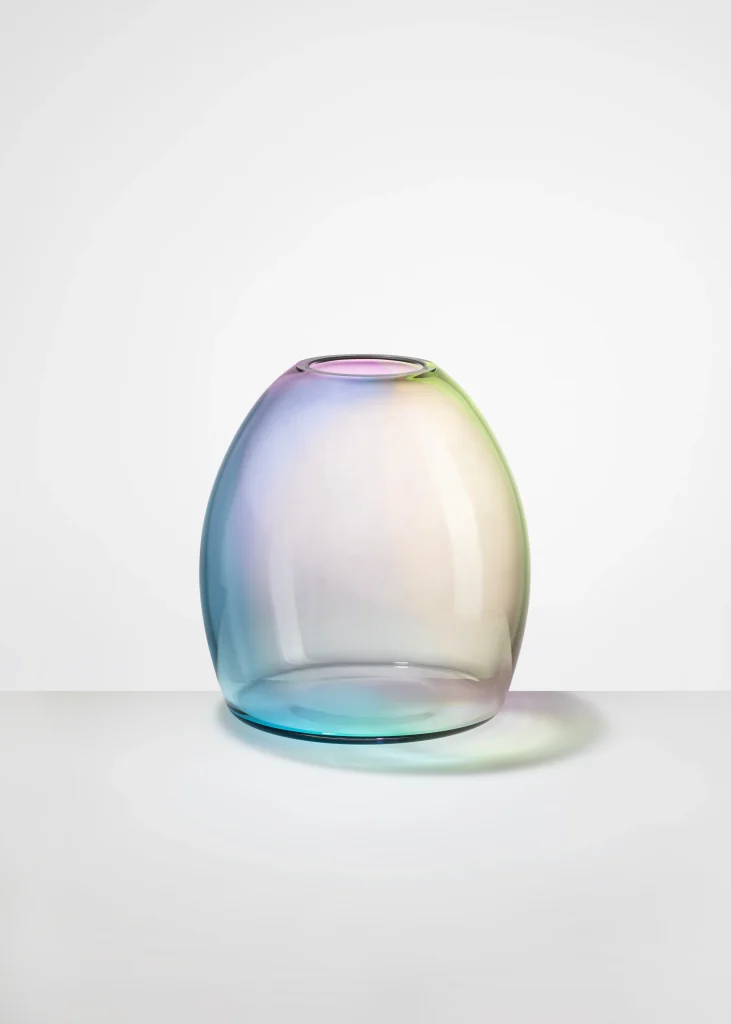

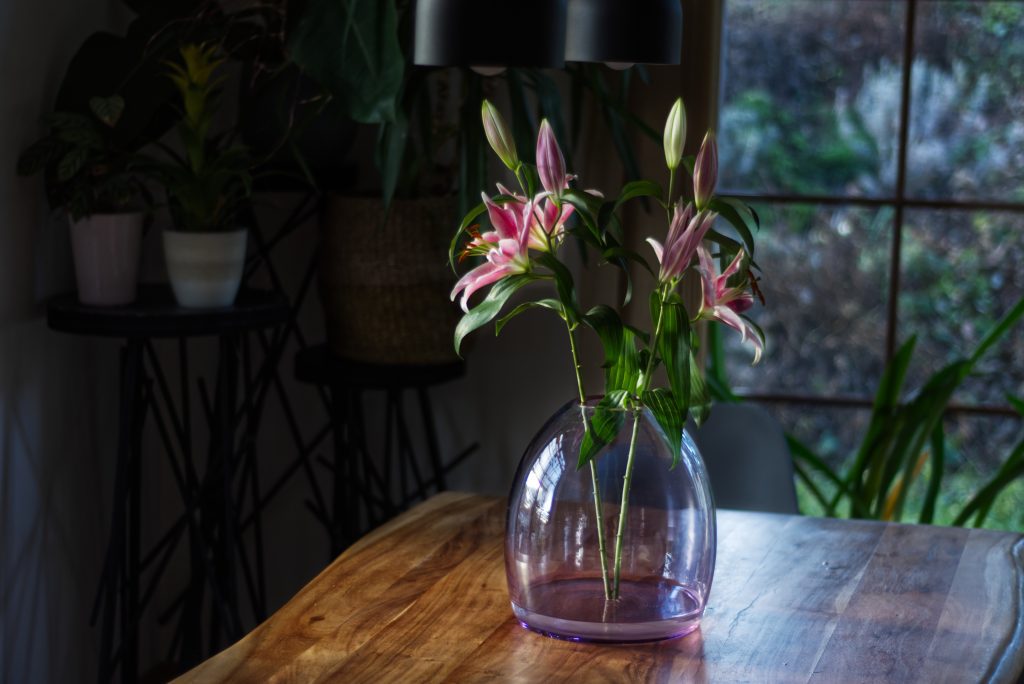

Cultural Synthesis
Within Persona‘s exploration of identity through design, MILA ZILA’s mirrors occupy unique territory. They represent neither pure functionality nor decorative art, but something more complex—objects that actively participate in the construction of self-awareness. Standing before these pieces, viewers encounter reflections filtered through centuries of Czech glassmaking knowledge, shaped by contemporary philosophical inquiry, and transformed by forces beyond human control.
The mirrors demonstrate how traditional craft practices can evolve without losing essential character. They honor Bohemian glass traditions while addressing contemporary questions about identity, authenticity, and the role of objects in human experience. In MILA ZILA’s hands, glass becomes a medium for exploring what she describes as our “fluid identity”—the recognition that selfhood, like molten glass, remains perpetually in process.
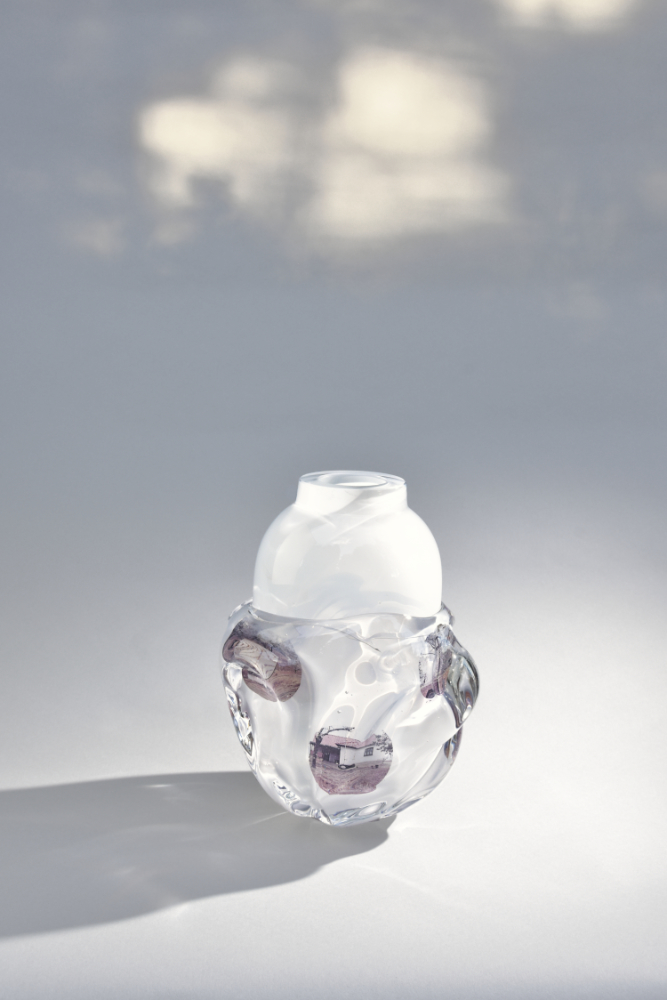

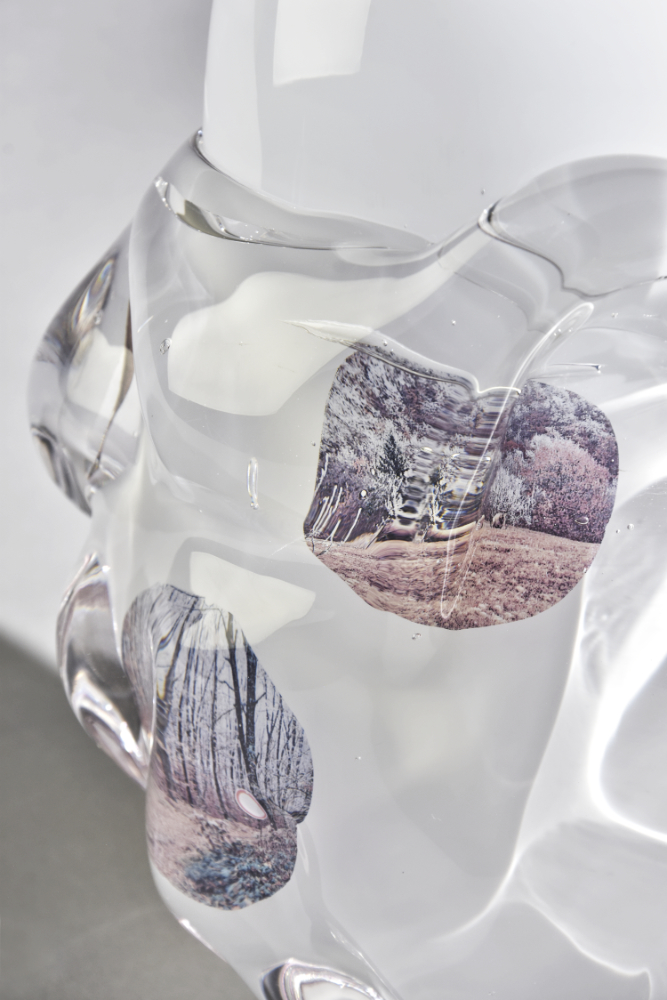

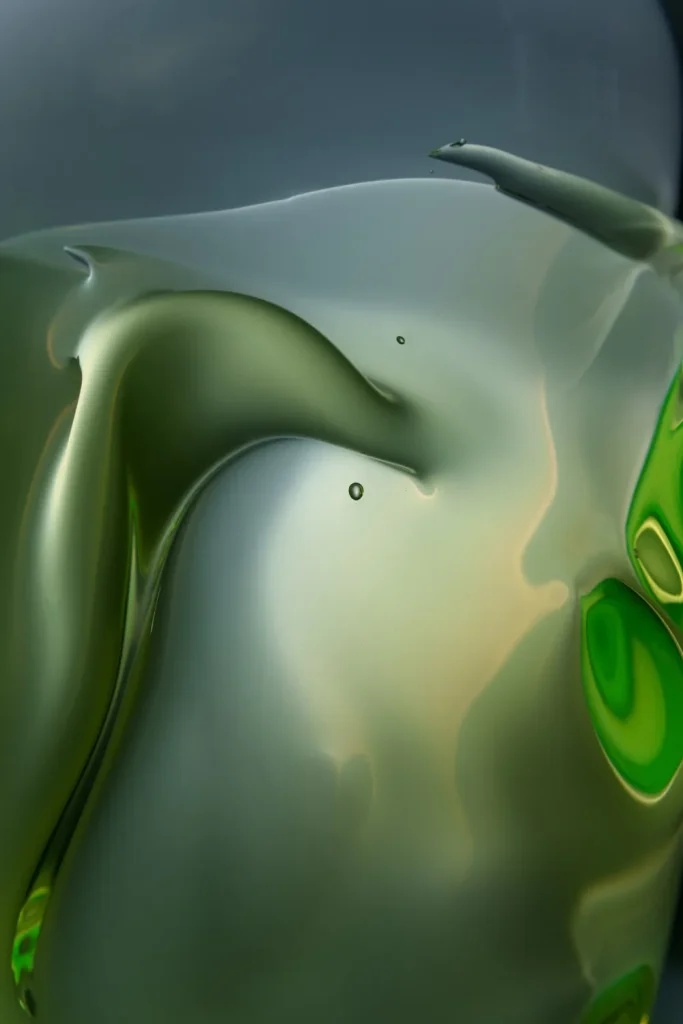

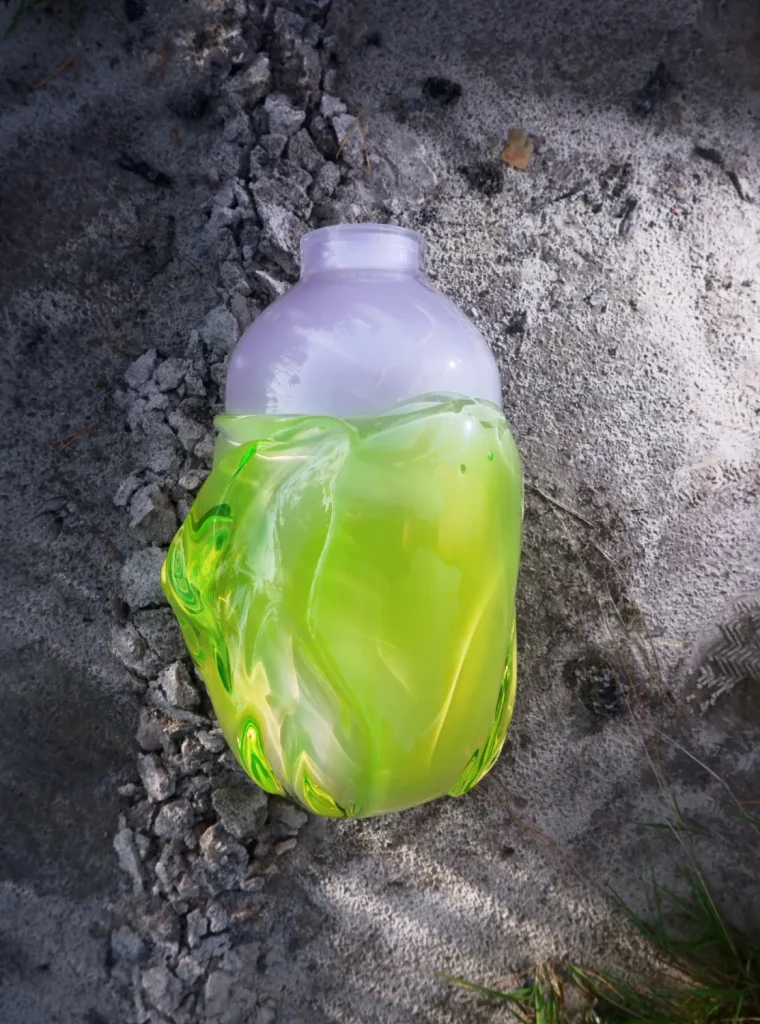

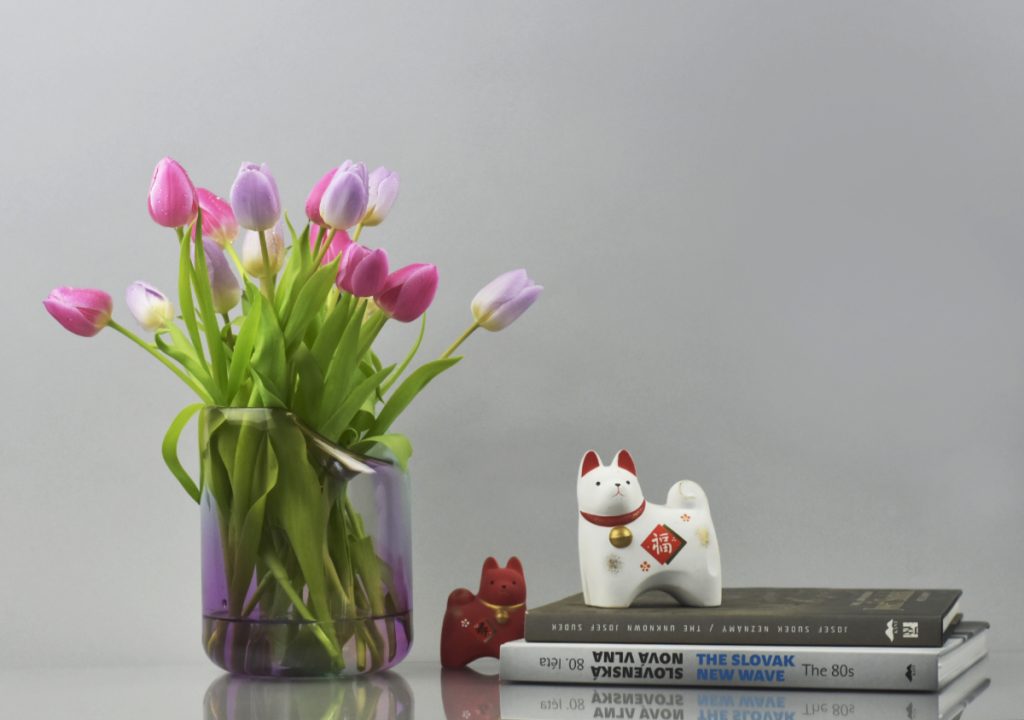

MILA ZILA’s mirror wall objects will be featured in Persona at 3daysofdesign. The exhibition explores identity through the lens of collectible design, inviting viewers to see furniture and objects as character studies that mirror the complexity of human personality.
-

 Forester – Handblown GlasswareBy Elis MonsportPrice range: €158 through €240
Forester – Handblown GlasswareBy Elis MonsportPrice range: €158 through €240 -

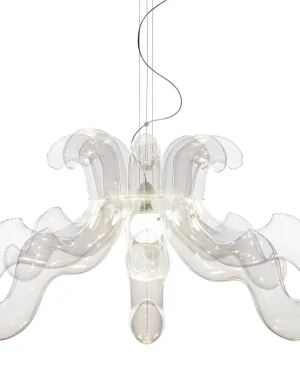 Lullaby – Chandelier No.2By PUFF-BUFF€800 incl. tax
Lullaby – Chandelier No.2By PUFF-BUFF€800 incl. tax -

 Stadia Clock – Stainless Steel Table ClockBy studio re.d€500 incl. tax
Stadia Clock – Stainless Steel Table ClockBy studio re.d€500 incl. tax -

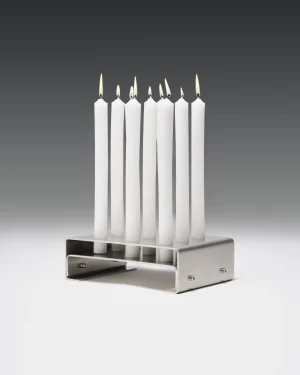 Burning Wing CandleholderBy Obscure Objects€152 incl. tax
Burning Wing CandleholderBy Obscure Objects€152 incl. tax -

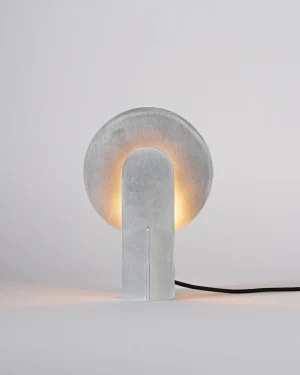 Aurora – Medium Eclipse Table LampBy Hasik Design Studio€675
Aurora – Medium Eclipse Table LampBy Hasik Design Studio€675 -

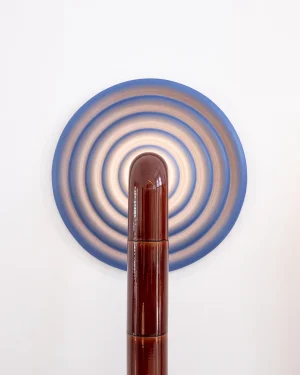 Op Object No. 1 – Floor LampBy Pani Jurek STUDIO€0
Op Object No. 1 – Floor LampBy Pani Jurek STUDIO€0 -

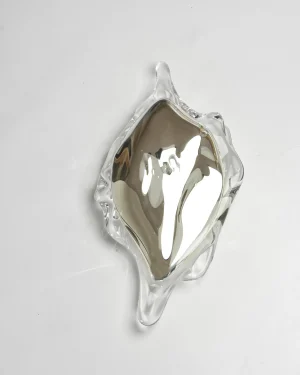 Persona Mirror Sculpture – SmallBy MILA ZILA€750
Persona Mirror Sculpture – SmallBy MILA ZILA€750 -

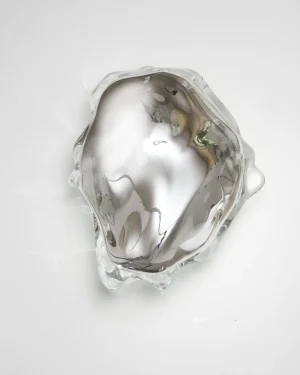 Persona Mirror SculptureBy MILA ZILA€1.050
Persona Mirror SculptureBy MILA ZILA€1.050 -

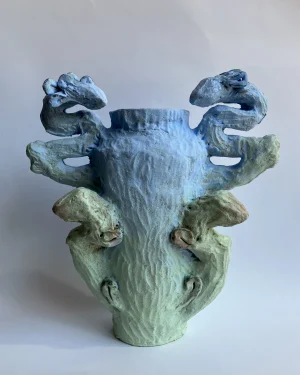 Serpents/ Spirits VesselBy Elizabeth Lewis€370
Serpents/ Spirits VesselBy Elizabeth Lewis€370 -

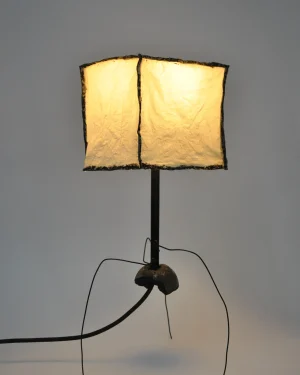 The Dweller Table LampBy Fenna Kosfeld€1.750
The Dweller Table LampBy Fenna Kosfeld€1.750 -

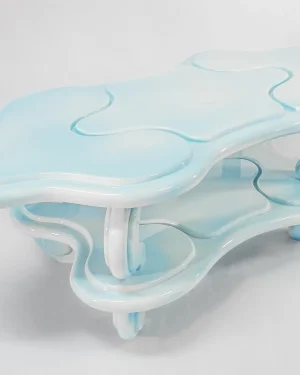 Cloud Coffee TableBy Chai Dienn€5.000 incl. tax
Cloud Coffee TableBy Chai Dienn€5.000 incl. tax -

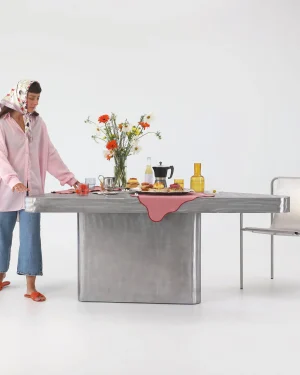 Monte L – Dining TableBy SALAK StudioPrice range: €5.625 through €5.875
Monte L – Dining TableBy SALAK StudioPrice range: €5.625 through €5.875 -

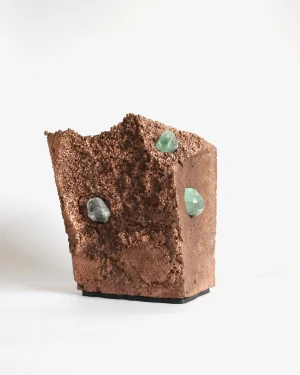 Irony Of Material In Copper 01 – Table LampBy Studio Speculo€895 incl. tax
Irony Of Material In Copper 01 – Table LampBy Studio Speculo€895 incl. tax -

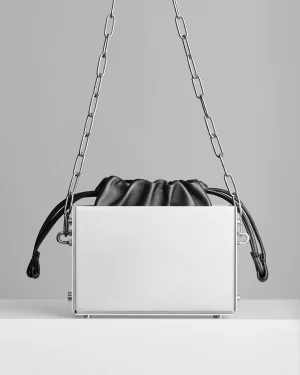 Kado Bag – Aluminum/ LeatherBy Obscure Objects€625 incl. tax
Kado Bag – Aluminum/ LeatherBy Obscure Objects€625 incl. tax -

 Handrail Lamp – Table LampBy studio re.d€550 incl. tax
Handrail Lamp – Table LampBy studio re.d€550 incl. tax -

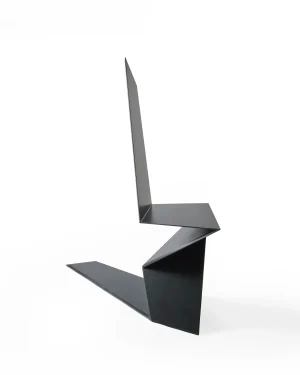 Dark Side – Aluminum ChairBy ORFEO STUDIO€8.625 incl. tax
Dark Side – Aluminum ChairBy ORFEO STUDIO€8.625 incl. tax -

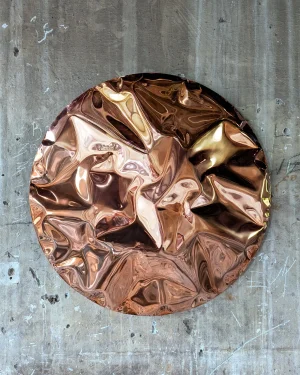 Ramé – Stainless Steel Wall SculptureBy Nitush and Aroosh€3.125 incl. tax
Ramé – Stainless Steel Wall SculptureBy Nitush and Aroosh€3.125 incl. tax -

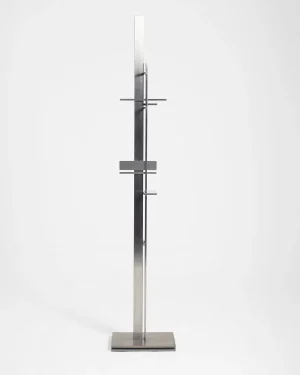 Dash – Handmade Sculptural Coat RackBy Yet Design StudioPrice range: €1.200 through €1.380
Dash – Handmade Sculptural Coat RackBy Yet Design StudioPrice range: €1.200 through €1.380 -

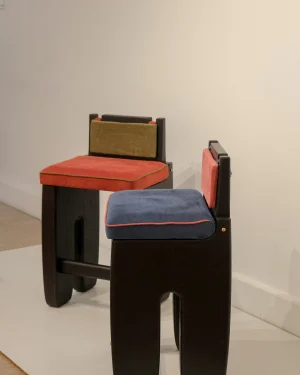 Takhat Counter StoolBy Shivangi Vasudeva€2.188 incl. tax
Takhat Counter StoolBy Shivangi Vasudeva€2.188 incl. tax -

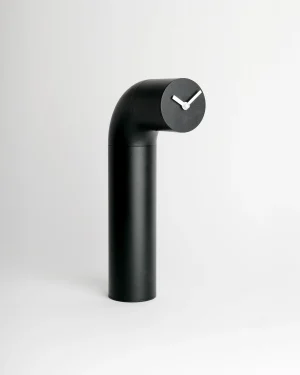 Stadia Clock Black – Stainless Steel Table ClockBy studio re.d€525 incl. tax
Stadia Clock Black – Stainless Steel Table ClockBy studio re.d€525 incl. tax -

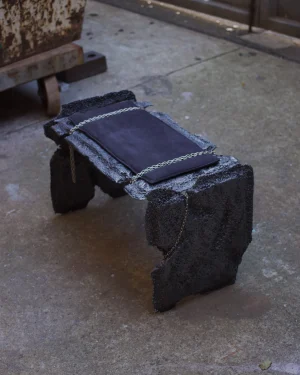 Melancholy Bench SeatBy Saturday Yard Work€2.239
Melancholy Bench SeatBy Saturday Yard Work€2.239 -

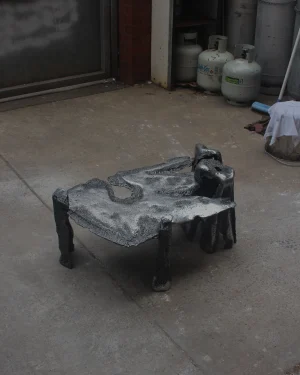 Melancholy Coffee Table 01 – AluminiumBy Saturday Yard Work€4.618
Melancholy Coffee Table 01 – AluminiumBy Saturday Yard Work€4.618 -

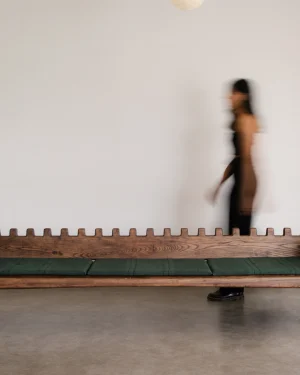 Takhat BenchBy Shivangi Vasudeva€8.000 incl. tax
Takhat BenchBy Shivangi Vasudeva€8.000 incl. tax -

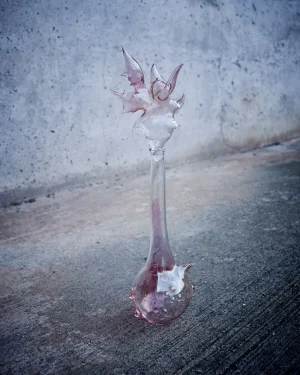 Self Dissolution No. 4By PIA GLASSWORKS€1.911 incl. tax
Self Dissolution No. 4By PIA GLASSWORKS€1.911 incl. tax -

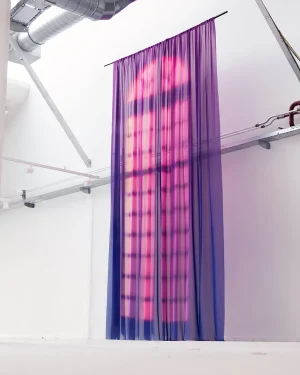 Imprint Purple & BlueBy Studio Yvonne Mak€7.188 incl. tax
Imprint Purple & BlueBy Studio Yvonne Mak€7.188 incl. tax -

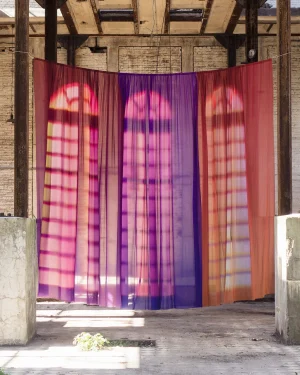 Imprint Red & PurpleBy Studio Yvonne Mak€7.188 incl. tax
Imprint Red & PurpleBy Studio Yvonne Mak€7.188 incl. tax -

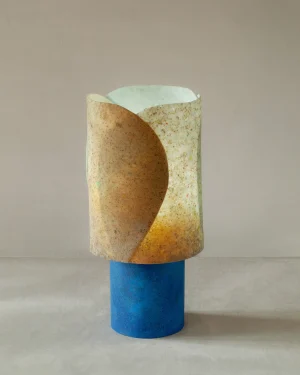 Verve Mint Table LampBy Justyna Poplawska€2.375 incl. tax
Verve Mint Table LampBy Justyna Poplawska€2.375 incl. tax -

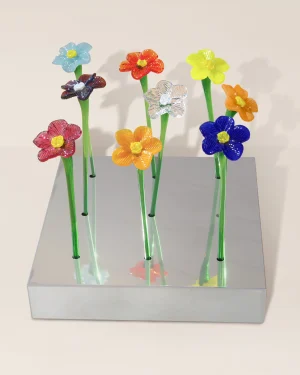 Collector’s Edition – Mirror Polished Stainless Steel Crystal InstallationBy lucie claudia podrabska€3.616
Collector’s Edition – Mirror Polished Stainless Steel Crystal InstallationBy lucie claudia podrabska€3.616 -

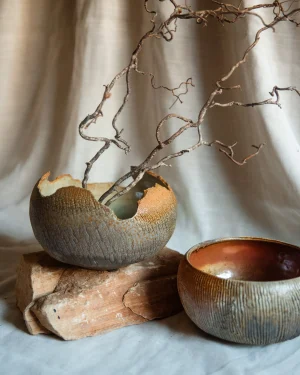 Distressed Wood Fired Form No.1By Alex Roby Design€610 incl. tax
Distressed Wood Fired Form No.1By Alex Roby Design€610 incl. tax -

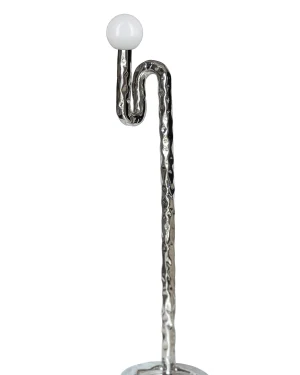 Lasso Floor LampBy Nitush and Aroosh€3.563 incl. tax
Lasso Floor LampBy Nitush and Aroosh€3.563 incl. tax -

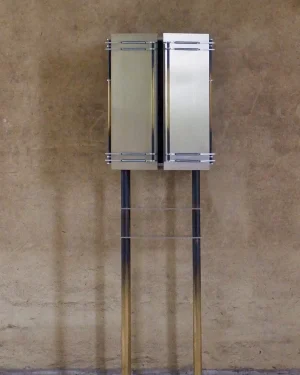 Tabernaculum – Aluminum & Brass CabinetBy Hasik Design Studio€0
Tabernaculum – Aluminum & Brass CabinetBy Hasik Design Studio€0 -

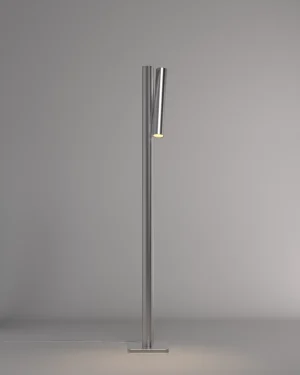 Pivot – Floor LampBy Stem€3.500 incl. tax
Pivot – Floor LampBy Stem€3.500 incl. tax -

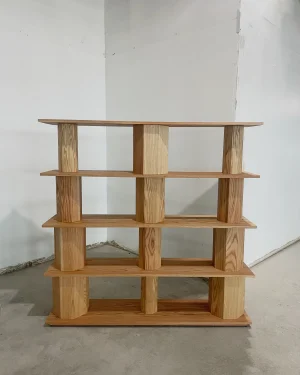 Tip Top ShelfBy Studio Daae€7.500 incl. tax
Tip Top ShelfBy Studio Daae€7.500 incl. tax -

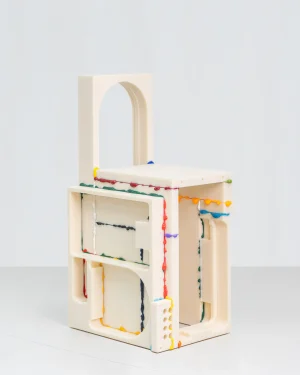 B. S. P Series “the Original”By Atelier SOHN€7.750
B. S. P Series “the Original”By Atelier SOHN€7.750 -

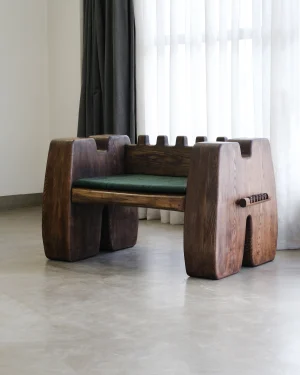 Takhat ArmchairBy Shivangi Vasudeva€6.250 incl. tax
Takhat ArmchairBy Shivangi Vasudeva€6.250 incl. tax -

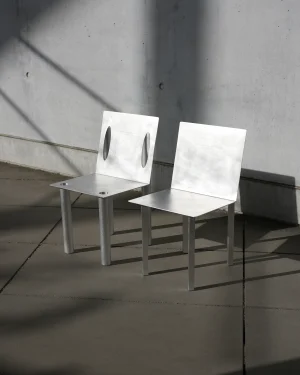 Master And Margarita Aluminum ChairBy STUDIO VON SCHOENEBECK€4.300
Master And Margarita Aluminum ChairBy STUDIO VON SCHOENEBECK€4.300

